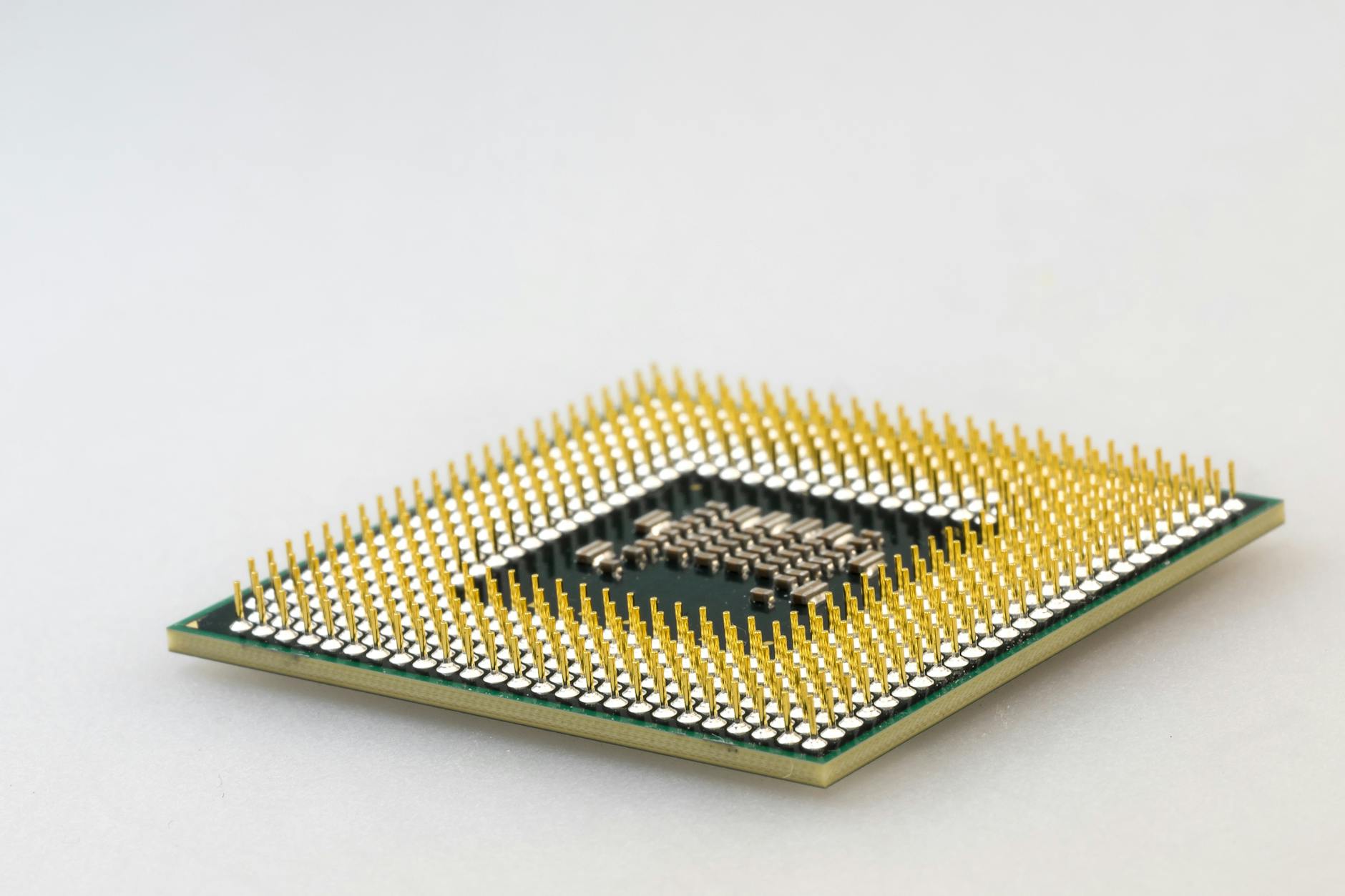Nvidia is intensifying its battle for China’s lucrative AI chip market by introducing a more affordable, stripped-down AI chip designed to circumvent export restrictions and compete directly with Huawei’s growing dominance. This strategic move aims to maintain Nvidia’s market share amidst increasing geopolitical pressures and the rise of domestic competitors.
The new Blackwell-based processor, reportedly priced between $6,500 and $8,000 according to Reuters, represents a significant price cut compared to the previously banned H20 model. Production is anticipated to commence in June. To achieve this cost reduction, Nvidia is reportedly utilizing the RTX Pro 6000D foundation, paired with standard GDDR7 memory, and foregoing Taiwan Semiconductor’s advanced CoWoS packaging technology.
Huawei’s emergence as a major player with its Ascend 910C and 910B processors has reshaped the Chinese AI landscape. These Huawei chips are gaining traction, particularly for inference applications, and have been adopted by leading Chinese tech giants such as Tencent, Baidu, and ByteDance. Furthermore, Huawei’s CloudMatrix 384 rack system poses a direct challenge to Nvidia’s high-end Blackwell GB200 NVL72 configuration.
Market trends reflect this competitive shift, with H20 chips being sold at discounts compared to Huawei’s Ascend 910B. Nvidia CEO Jensen Huang has openly acknowledged a decline in the company’s Chinese market share following recent export restrictions.
The stakes are high, given Huang’s estimation of China’s AI chip market potential at $50 billion and Nvidia’s impressive $17 billion in Chinese sales during 2024. Nvidia is planning a second Blackwell-variant tailored for the Chinese market, with production scheduled for September, signaling a sustained commitment to retaining a foothold in China.
The critical questions now are: Can this less powerful chip effectively compete against increasingly capable domestic alternatives from Huawei? And will Chinese customers accept the necessary performance compromises? Huang himself has noted that China is rapidly catching up in AI capabilities, leading to concerns about Nvidia’s long-term prospects in this vital market.
